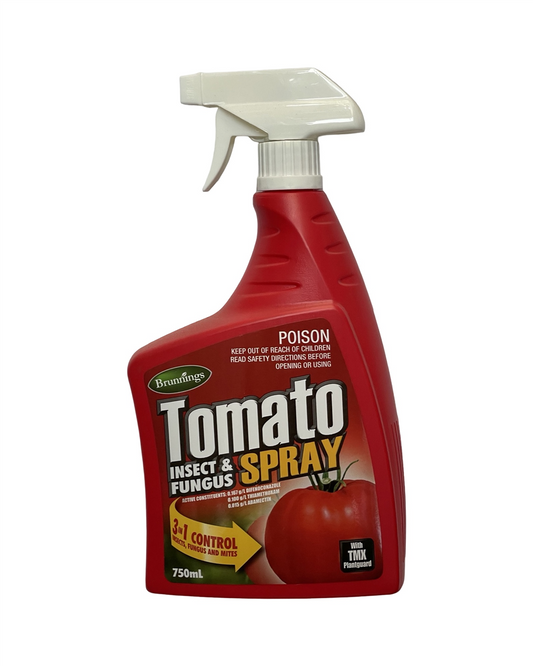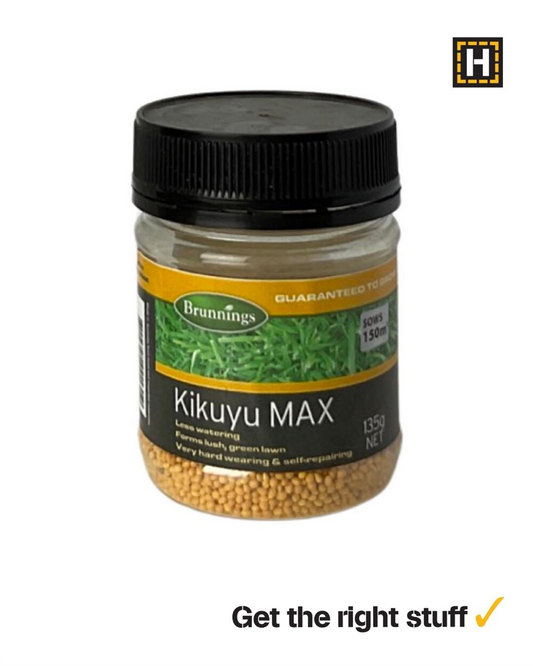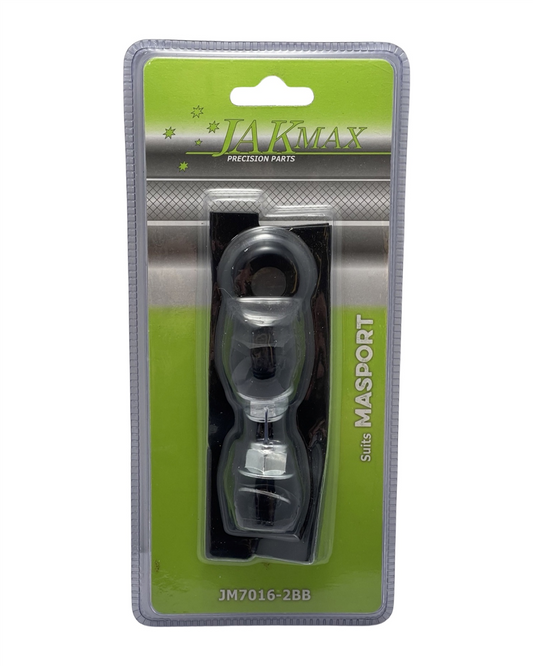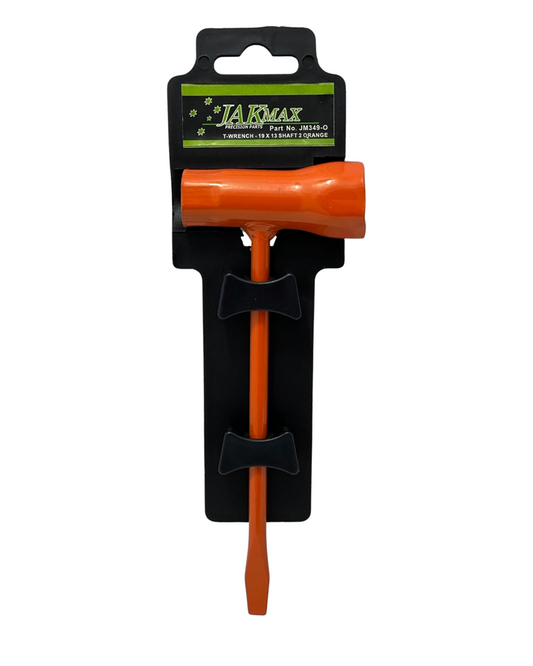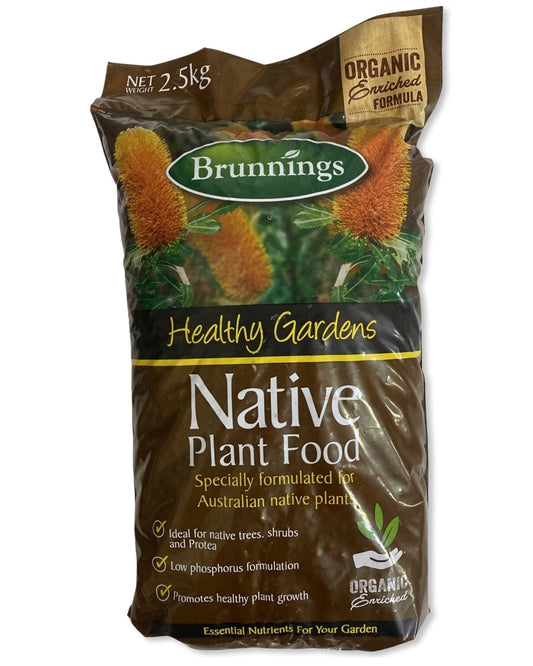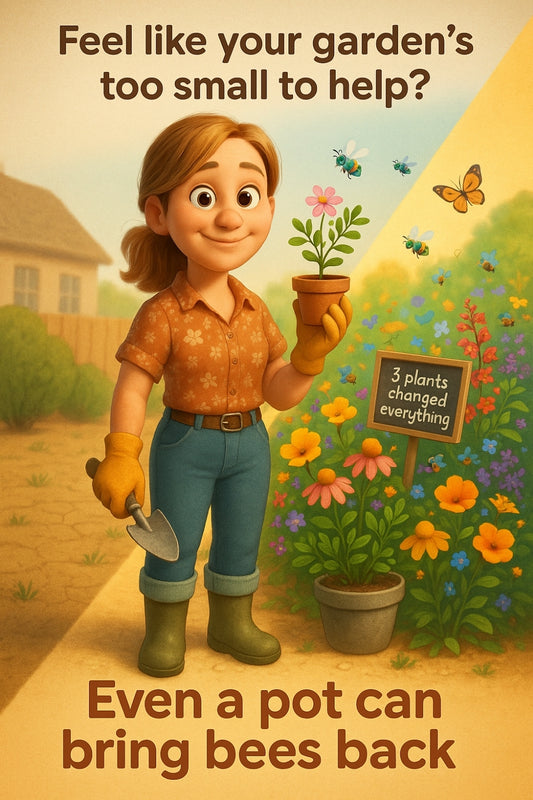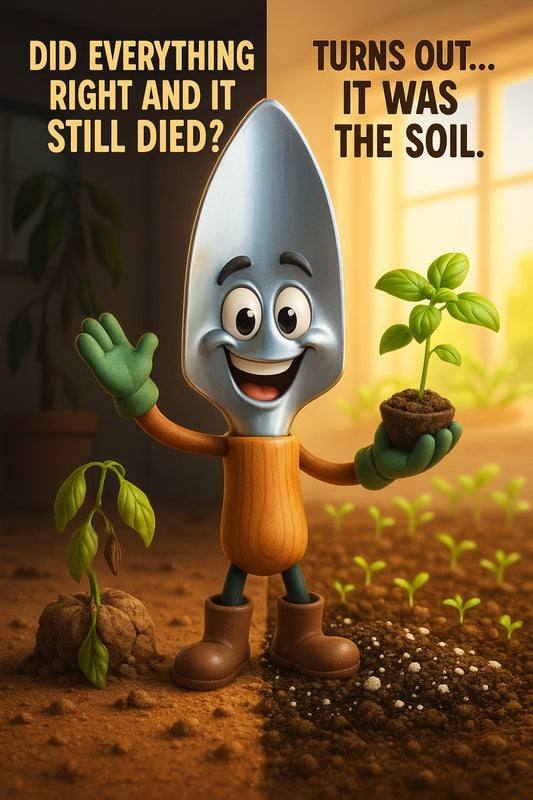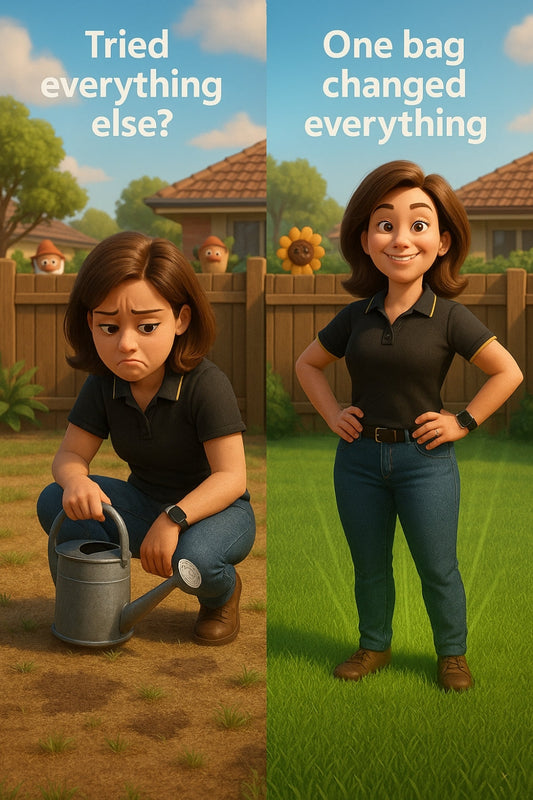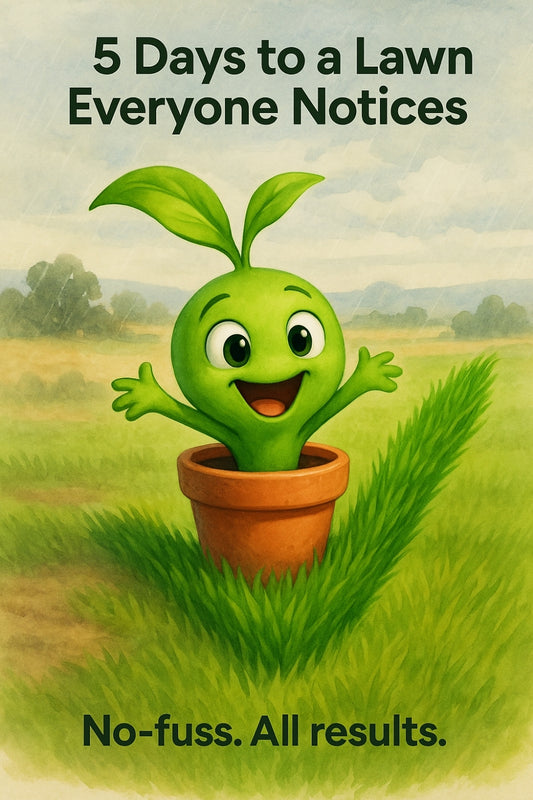Seen it on Gardening Australia? Your soil’s crying for help — here’s what it’s missing.
Share
From Bin to Bloom: What Composting and Organic Gardening Really Does for Your Backyard
You’ve probably heard your favourite garden guru mention it on YouTube — that going organic is better for your soil. But what if that simple switch didn’t just make things “better”… what if it totally changed the game for your plants — and your confidence?
Why Organic Gardening Isn’t Just a Trend — It’s a Total Mindset Shift
Before embracing organic practices, some beginner gardeners report their soil felt like dry cake mix — lifeless, stubborn, hard to work with. After switching to composting, natural fertilisers, and companion planting? Their soil became alive. Full of bugs, full of movement, full of potential. And their gardens started giving back — lusher herbs, stronger stems, fewer leaf curl disasters.
That’s because organic gardening works with nature, not against it. Plain and simple, it gives your plants exactly what they need to thrive, without peppering your plot with harsh chemicals or confusing routines. If your goal is to grow a vibrant, resilient garden without the guesswork, this might be your easiest win yet.
So, What Exactly Is Organic Gardening?
Let’s clear the air. Organic gardening doesn’t mean “expensive” or “hippie” or “you need a farm.” It means gardening with natural inputs — things like compost, mulch, manure, seaweed-based feeds, and biological pest control. It means saying no to synthetic chemical fertilisers and weed killers and letting your soil do a bit of the heavy lifting.
"Healthy soil grows healthy plants. And healthy gardens grow happy humans." – Candeece
Think of it like feeding your garden the good stuff — not fast food. And just like our bodies, soil responds dramatically to what we’re putting into it.
The Real Secret: It Starts with the Soil
Organic practices build soil health over time — and that creates a ripple effect through your entire backyard. Here’s what starts happening when you go organic:
- Soil structure improves: Compost, mulch and worm activity create loose, spongy soil that roots love to settle into.
- Microbes multiply: Organic matter feeds beneficial fungi and bacteria that help your plants absorb nutrients faster and more efficiently.
- Pest resistance: A mixed, balanced garden with natural inputs attracts helpful bugs (like ladybirds and lacewings) and keeps problem pests in check.
- Less watering, more staying power: Organic soils hold moisture better. That means less evaporation and less weekend hose dancing.
And no, you don’t need a full compost bin setup to begin. Even starting with organic potting mix or adding worm castings to your herbs can make a noticeable difference in just weeks.
"But Isn’t It Slower to See Results?"
This is a myth worth debunking. While some synthetic fertilisers may give you a quick green-up, their effects often fade fast. Organics may take a little longer to show their magic — but it’s lasting and meaningful. Your soil becomes stronger. Your plants become smarter. And you’ll spend less time fixing problems because fewer of them pop up in the first place.
Think of it like this: one method throws petrol on the fire. The other builds slow-burning coals. Which would you rather cook with?
The Buzz Around Companion Planting
If you’re already experimenting with companion planting (like sneaking basil next to your tomatoes or using marigolds as natural bug bouncers), you’re halfway there. This approach is all about encouraging biodiversity and letting nature do much of the heavy lifting.
Even a pot of lavender near your leafy greens can help attract pollinators and ward off some pests. It’s simple, it’s low-hassle, and frankly? It just looks great.
How to Start Organic Gardening Without Burning Out
Keep it bite-sized. Don’t overhaul everything in one go. Here’s a beginner-friendly way to ease in:
- Swap one feed – Try an organic slow-release fertiliser like pelletised chicken manure instead of liquid synthetics.
- Mulch mindfully – Sugarcane mulch or lucerne not only locks in moisture, it also adds nutrients as it breaks down.
- Start composting – Even a bench-top bin for veggie scraps can turn into free gold for your soil.
- Lean on helpful bugs – Avoid fly sprays near the garden and let beneficial insects balance your ecosystem.
And if something doesn’t work straight away? That’s normal. Organic gardening is more like cooking from scratch with real ingredients. You get better with time, and it tastes (and grows) far better than the packet stuff ever could.
The Way Our Grandparents Did It (But With Better Gloves)
Before shelves were lined with foil bags of mysterious blue pellets, most backyard gardeners leaned organic by default. They saved seeds. They piled prunings into compost. They worked with the seasons. We’re not reinventing the wheel here — we’re just getting back behind it, guided by tried-and-true wisdom and a little local know-how.
Organic Gardening Isn’t Complicated. It’s Clever.
We tend to assume that more products and faster results mean better outcomes. But when you slow down and let your soil breathe… it surprises you. It becomes smarter. Alive. Capable.
Just like you.
Happy growing,
Candeece 🌿
 Stay Connected
Stay Connected
Join our gardening community on Facebook: Urban Gardener's Notebook
And follow our Store Facebook Page: Strathalbyn H Hardware on Facebook

